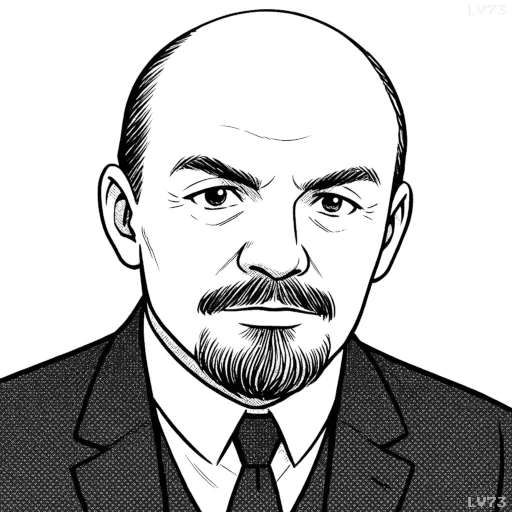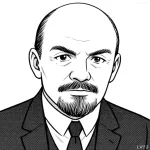“Crime is a product of social excess.”

- April 22, 1870 – January 21, 1924
- Born in the Russian Empire
- Revolutionary, political theorist, lawyer, state leader
table of contents
Quote
“Crime is a product of social excess.”
Explanation
In this quote, Lenin connects crime to the broader social and economic conditions that foster inequality and exploitation. He argues that crime is not merely a result of individual immorality or personal choice, but rather, it is a reflection of the excesses and contradictions of capitalist society. Lenin believed that capitalism generates social conditions where individuals are driven to crime due to poverty, lack of opportunities, and the unequal distribution of wealth and power. In his view, the capitalist system, by concentrating wealth in the hands of a few while leaving the majority of people in poverty, creates an environment where crime is inevitable.
Historically, Lenin’s view was influenced by Marxist theory, which posits that crime and other social problems are byproducts of the class structure in capitalist societies. Under capitalism, the ruling class benefits from exploitation, while the working class and the poor suffer from the alienation and deprivation that lead to criminal behavior. Lenin’s argument was that the revolutionary transformation of society — through socialism — would address the root causes of crime by eliminating the structural inequalities that give rise to it. He believed that once capitalist exploitation was abolished, and people were provided with basic material needs and social opportunities, the motivation for crime would largely disappear.
In modern terms, this quote resonates with sociological theories that link crime to social conditions, such as poverty, inequality, and lack of education. Contemporary discussions about criminal justice reform often emphasize that reforms should address the structural causes of crime, such as economic disparities, lack of social services, and systemic discrimination. Lenin’s perspective reminds us that crime cannot be fully understood or addressed without considering the broader social and economic systems that shape people’s lives, and that real solutions to crime must go beyond punishment to address these deeper issues.
Would you like to share your impressions or related stories about this quote in the comments section?


